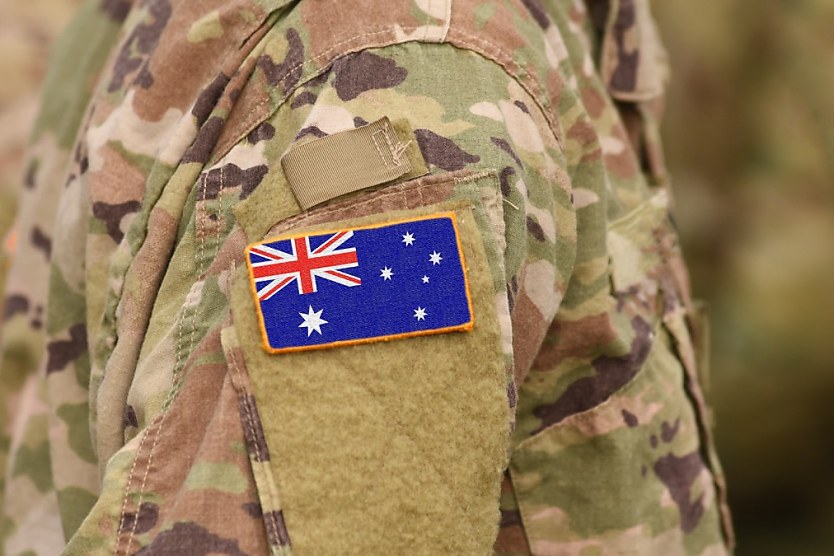Poor recruitment in ADF could impact national security
SHARE THIS ARTICLE

When discussing national security, HR doesn’t immediately spring to mind as a major impactor. However, with many positions proving hard to fill, this lack of heads in the industry could have severe consequences.
Issues with recruitment in the Australian Defence Force (ADF) have been described as “reoccurring”. HR Leader’s sister brand, Defence Connect, described much of this issue as a result of a disillusionment with patriotism.
Defence Connect said: “This is illustrated in a survey commissioned by the Institute of Public Affairs and undertaken by Sydney market researcher Dynata of 1,000 Australians in March 2022. The survey asked, ‘If Australia was in the same position as Ukraine is now, would you stay and fight, or leave the country?’”
“The survey found around 46 per cent of people would ‘stay and fight’, down to 32 per cent of those aged 18 to 24, and 35 per cent of those aged 25 to 34. About 28 per cent would ‘leave the country’, up to 40 per cent of those age 18 to 24 and 38 per cent of 25- to 34-year-olds would leave.”
Outsourcing has emerged as a key strategy to deal with these staffing issues. It’s reported that there has been a 10 per cent drain per year of defence force personnel, prompting the need for intervention from the government.
“We are looking at a range of options about how we can grow our Defence Force, and that includes looking at how we can use our relationships with our friendly countries, countries that we’re friendly with not just in our region, but around the globe,” commented then acting Defence minister Matt Keogh.
“Doing it in a way in partnership with those countries ... we want to make sure that they have good workforces themselves are able to sustain their own Defence forces. But we are certainly looking at all options that we need to look at in terms of how we can grow our Defence Force. And that includes looking at how we might be able to grow it from friendly forces from other countries and looking at opportunities for people to come to Australia, or who are already in Australia, from other countries to join our Defence Force.”
This brings challenges of its own, as it becomes harder to complete vetting procedures across borders: “I’m sure, people would appreciate issues like citizenship, background checks, vetting are also important about who we allow to join our Defence Force,” said Mr Keogh.
Pacific Island nations have popped up as key candidates for filling these much-needed positions. However, it doesn’t end there, and other allies such as the UK, US, and Canada are also being considered.
This desperation has prompted an increase in benefits for those who wish to sign up domestically. The government is reportedly offering an expansion of family health benefits, study assistance schemes, improved higher duties allowances, and travel policies to make the ADF as attractive as possible.
One major complication affecting the recruitment and training of Defence personnel is the complexity involved. With technology rapidly evolving, “the current speed of technological development is outpacing training of trainees and current knowledge of trainers”, said Defence Connect.
While certainly a complex issue, a lot is weighing upon these strategies. Without enough people in the ADF, Australia’s national security comes into question. The scramble to get people into the Defence Force may prove important to shaping the country’s future.
RELATED TERMS
The practice of actively seeking, locating, and employing people for a certain position or career in a corporation is known as recruitment.
Training is the process of enhancing a worker's knowledge and abilities to do a certain profession. It aims to enhance trainees' work behaviour and performance on the job.
Jack Campbell
Jack is the editor at HR Leader.

